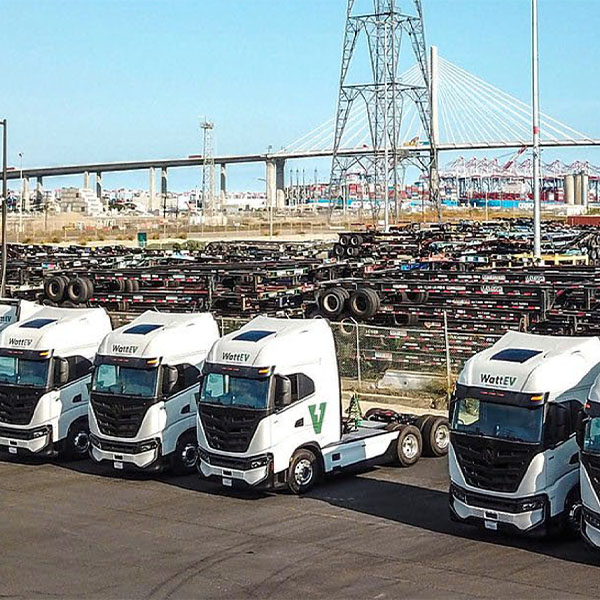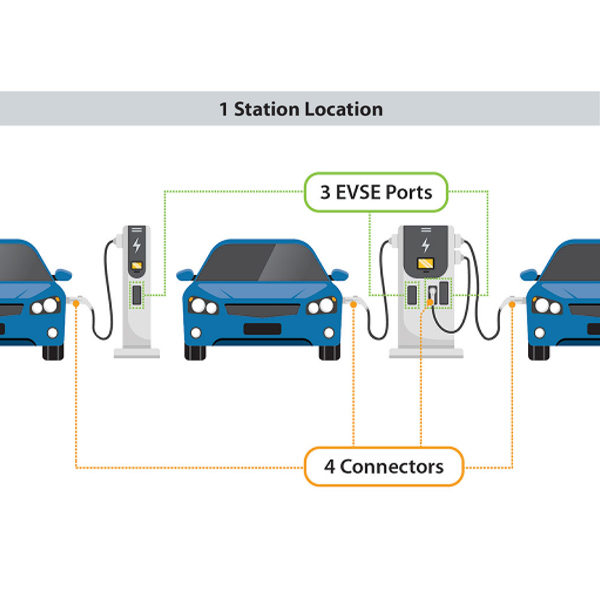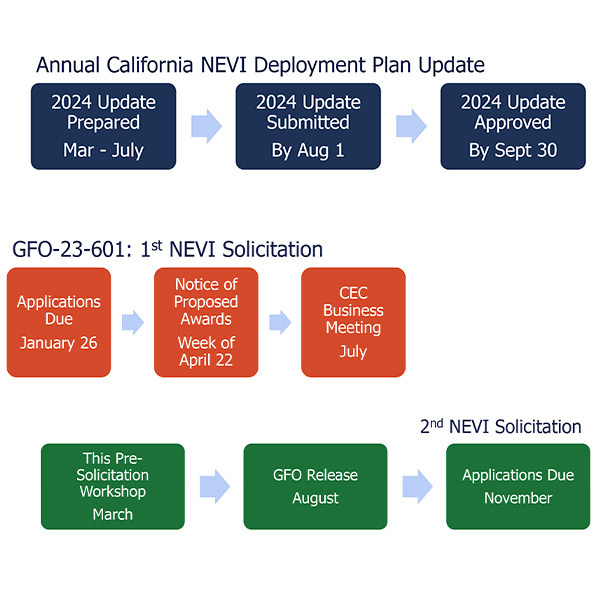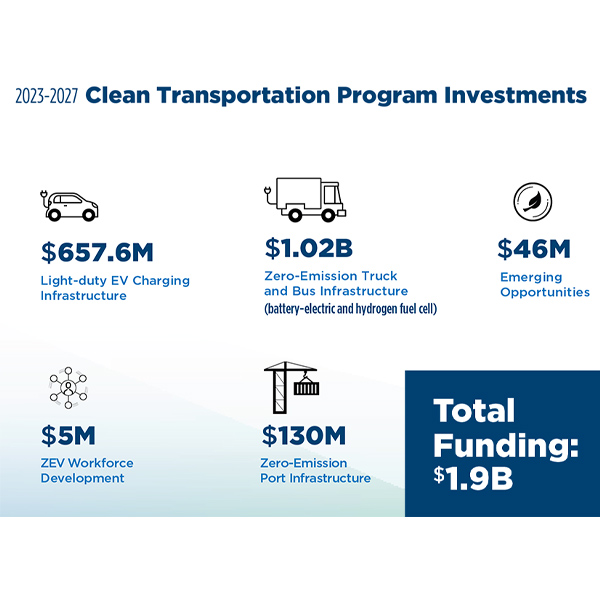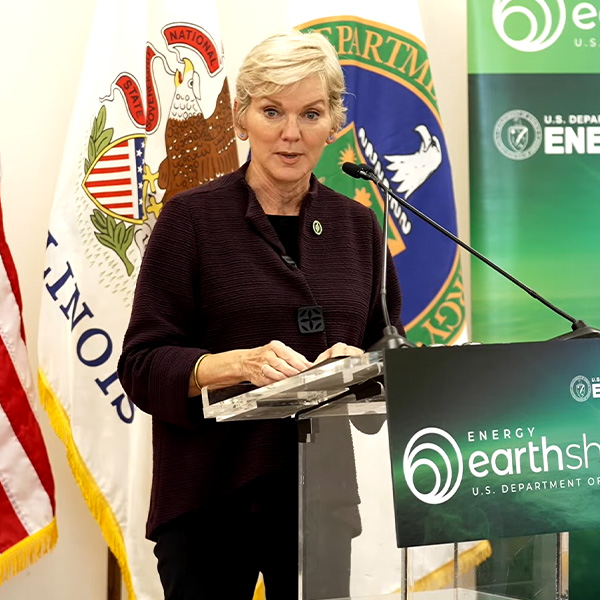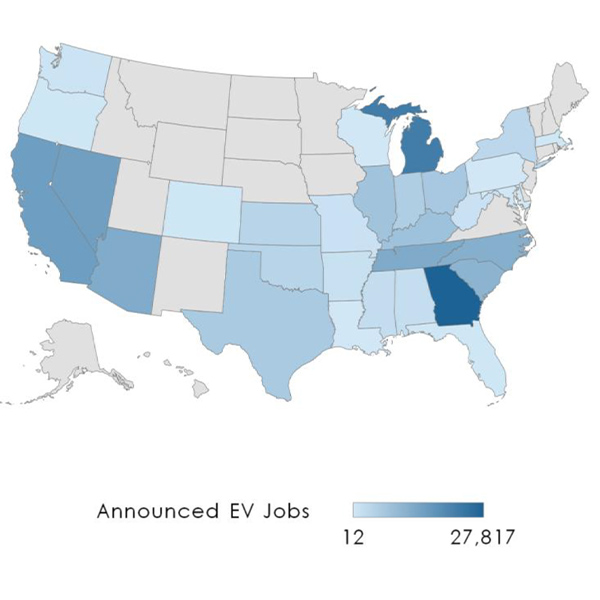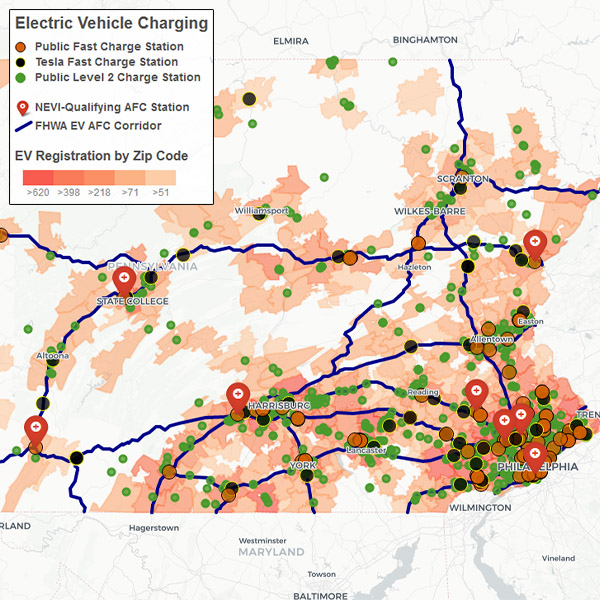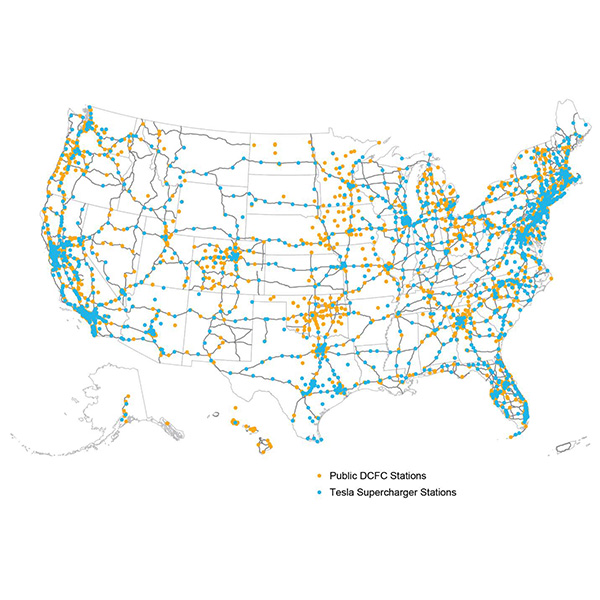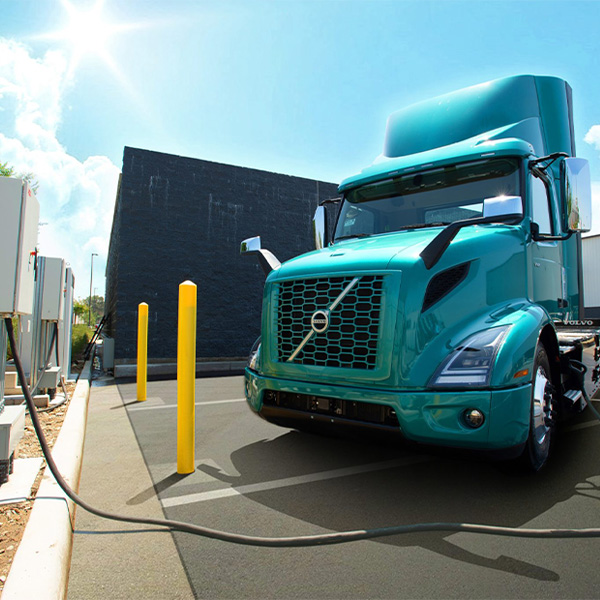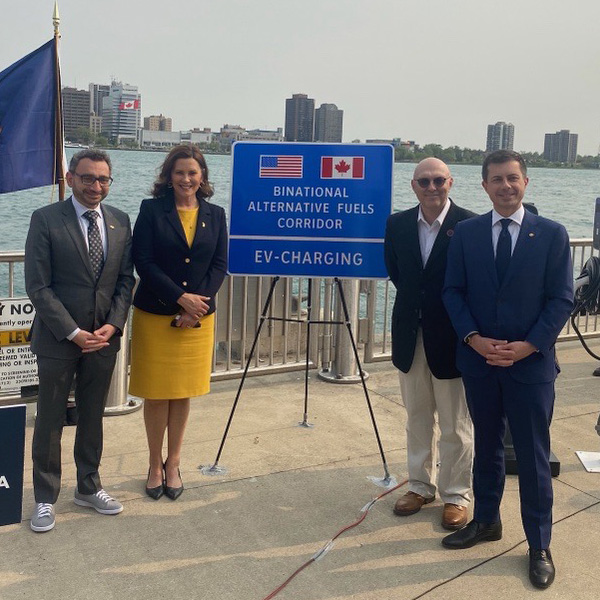National Electric Vehicle Infrastructure (NEVI) program
Environmental groups are urging the California Energy Commission to use the state’s remaining $233 million in NEVI funds to build chargers for the surge of electric trucks expected in the next decade.
The California Energy Commission and Department of Transportation are seeking feedback on a state grant program designed to replace and repair more than 1,300 chargers at 300 sites statewide.
California officials are exploring how to improve the process for dispensing hundreds of millions in federal funding to construct a public network of electric vehicle charging stations.
The California Energy Commission approved a plan for spending $1.85 billion over the next four years to expand zero-emission vehicle infrastructure across the state.
DOE is focused on reshaping the U.S. energy landscape, but officials may have only another year to build the momentum needed to make any potential Republican rollbacks unpopular and unlikely.
The Southeast Alliance for Clean Energy's report found that despite being responsible for 40% of all new investments in EV manufacturing, sales in the Southeast range from only 2.5% to 7% of vehicle sales, below the national average.
Pennsylvania announced an investment of federal funds totaling $33.8 million to install 54 EV charging projects as the state seeks to put more EVs on state roads.
A five-year, $5 billion effort to establish a nationwide network of EV chargers along designated highway corridors is pushing ahead as planned, according to a new report.
California, Oregon and Washington have jointly applied for federal grant money to build a public charging network for electric trucks across the three states.
A 900-mile EV corridor going from Michigan to Quebec will have charging stations every 50 miles and benefit from U.S.-Canadian cooperation.
Want more? Advanced Search
